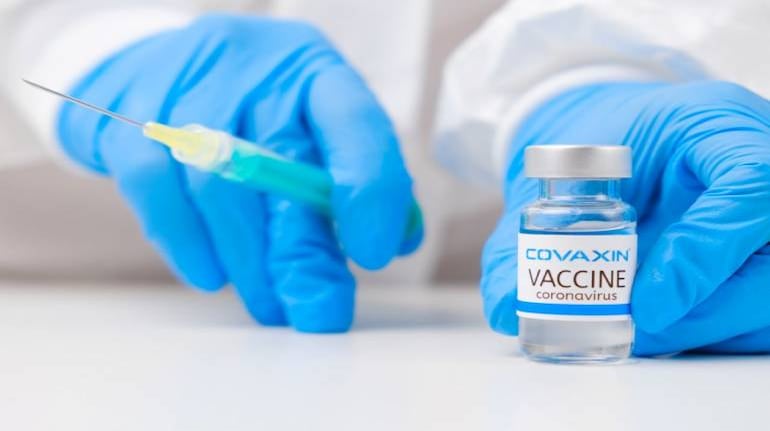



India’s Bharat Biotech has been submitting data on the emergency use listing (EUL) of Covaxin “regularly and very quickly” to a technical committee which hopes to have a final recommendation to the WHO next week, a top official of the global health agency said on October 28, stressing that the United Nations body “trusts” the Indian industry that manufactures high-quality vaccines.
Hyderabad-based Bharat Biotech, which has developed Covaxin, had submitted EOI (Expression of Interest) to the World Health Organization (WHO) on April 19 for the vaccine’s EUL.
A technical advisory group of the UN health agency which met on October 26 has sought “additional clarifications” from Bharat Biotech for Covaxin to conduct a final “risk-benefit assessment” for Emergency Use Listing of the vaccine. The technical advisory group will now meet on November 3 for a final assessment.
“Bharat Biotech has been submitting data regularly and very quickly, but they submitted the last batch of data on October 18,” Dr Mariangela Simao, Assistant Director-General, Access to Medicines and Health Products at WHO, said at a press briefing in Geneva.
She was responding to a question on the delay in granting the Emergency Use Listing to Covaxin while Chinese vaccines Sinopharm and Sinovac were given approval even “with lack of data”.
Simao said that when the technical advisory group met on October 26 to discuss the EUL for Covaxin, they asked Bharat Biotech for additional clarifications.
She said WHO is in touch with Bharat Biotech and has “daily conversations” and calls and meetings “clarifying what additional data needs” to be submitted to the technical expert group.
“Let me just clarify and without wanting to mention any specific manufacturer but saying that we have assessed an Indian manufacturer earlier in the year and it took 30 days,” she said, a reference to the Serum Institute of India which manufactures the AstraZeneca Covishield vaccine.
“So, this is not about moving quicker with one or another vaccine…We really trust the Indian industry. India produces a majority of vaccines in the world, high-quality vaccines. We are right now at the last stage of the assessment by this external advisory group, and we hope to have a final recommendation to the WHO next week. I hope that is well understood.”
Bharat Biotech’s Covaxin and AstraZeneca and Oxford University’s Covishield are the two widely used vaccines in India.
The WHO has so far approved Covid-19 vaccines of Pfizer-BioNTech, AstraZeneca-SK Bio/Serum Institute of India, Johnson & Johnson-Janssen, Moderna, and Sinopharm for emergency use.
Follow our coverage of the coronavirus crisis here
Discover the latest Business News, Sensex, and Nifty updates. Obtain Personal Finance insights, tax queries, and expert opinions on Moneycontrol or download the Moneycontrol App to stay updated!
Find the best of Al News in one place, specially curated for you every weekend.
Stay on top of the latest tech trends and biggest startup news.